Overcoming Mental Blocks in Algebra: A Student’s Guide
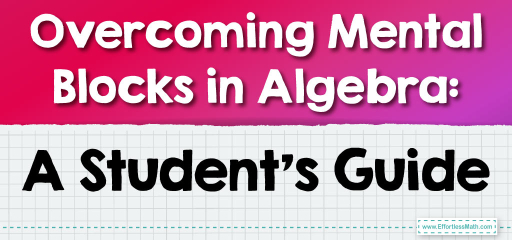
In simple terms, a mental block might look like this: For additional educational resources,.
- Struggling to understand variables;
- Freezing up during tests;
- Forgetting how to solve equations;
- Misinterpreting word problems.
Remember your mantra: blocks don’t mean you’re “bad at math”, they just mean you need a new approach and maybe (almost surely) some motivation. Here’s how you can overcome them. For additional educational resources,.
Step #1: Identify Your Pain Points
Think about what part of algebra makes you stumble. Ask yourself: For additional educational resources,.
- Do I understand what a variable represents?
- Am I confident in solving for x?
- Do I panic during word problems?
- Is it the rules, like the distributive property, that confuse me?
Write your answers down. Be specific and personal. Treat this like your study diary and maintain the habit until you forget about the blockage. Knowing where you’re stuck is the first move toward getting unstuck. For additional educational resources,.
Step #2: Being Positive Won’t Hurt
Don’t be afraid of a bit of good old-fashioned positivity; it might help you more than you think. You might hear a voice in your head saying, “I’ll never get this.” It’s time to change that annoying voice, and here’s how: For additional educational resources,.
Practice These Every Day (From Now On, AKA Your Mantras):
- “I’m not there yet, but I’m getting better every day.”
- “I’m improving, even when it doesn’t feel like it.”
Step #3: Break Down Problems Into Tiny Steps
Big algebra problems often hide lots of small, doable tasks. Let’s look at an example.
The problem:Solve 3(x – 2) = 12
Instead of panicking, break it down:
- Distribute the 3 → 3 * x and 3 * -2
Result: 3x – 6 = 12 - Move constants to the other side → Add 6
Result: 3x = 18 - Divide both sides by 3
Result: x = 6
That’s it! Take a deep breath and solve one small step at a time to remove the overwhelm.
Step #4: Why Not Use Real-Life Examples?
Think of it like a story unfolding, where the variables represent unknown parts you need to figure out.
This can really help if you’re a visual learner. Instead of seeing just numbers and symbols, imagine the equation as a puzzle that makes sense when you relate it to things happening around you.
This way, the abstract math turns into something familiar and less intimidating.
Step #5: Tackle Word Problems Without Fear
Word problems are where many students freeze. But here’s a simple approach to beat them:
Use the “R.U.N” strategy:
- R – Read the problem twice;
- U – Underline important information;
- N – Name what you’re solving for.
See? It’s just a story with numbers.
Step #6: Practice With Purpose
Don’t just do random math problems. Practice what you need. If exponents are tricky, focus only on those until they click.
Make practice engaging:
- Use flashcards;
- Play algebra games online.
- Search for online resources for help.
Keep in mind that when studying online or watching math tutorials, using a VPN by Surfshark can help maintain a stable and private connection, making it easier to stay focused and access the resources you need to overcome tricky algebra problems.
Step #7: Study Smart, Not Hard
Try these smart study habits:
- Study in 25-minute sprints, then take a 5-minute break;
- Teach someone else. Explaining a concept reinforces your understanding.
- Use color-coded notes. Highlight variables in one color, constants in another.
Step #8: Know That Mistakes Are Part of Learning
Every mistake can teach you something. Ask yourself:
- What confused me here?
- What should I try next time?
- This reflective thinking strengthens your problem-solving skills.
Step #9: Get Help When You Need It
Nobody’s got all the answers; asking for help is totally normal. You’re in good company.
Try these support options:
- Ask your teacher specific questions like, “Can you walk me through this step?”
- Join a study group.
- Use math help forums.
Step #10: Celebrate Small Wins
Finally, give yourself credit. Solved a hard problem? High five yourself. Understood a new concept?
Celebrate with a quick break or snack. Write down every success in your private math diary, no matter how small. It is easier to forget your wins than your defeats.
Over time, you’ll see just how far you’ve come.
You’ve Got This!
Algebra may seem like a mountain now, but every step you take chips away at that peak. Putting too much pressure on yourself to study can have unwanted side effects (it can backfire).
It’s easier and more enjoyable to learn in a relaxed and understanding environment. So take that step. Again. And again.
You’re closer than you think.
Frequently Asked Questions
How do you add and subtract mixed fractions?
To add or subtract mixed fractions, first convert each mixed fraction into an improper fraction. This involves multiplying the whole number by the denominator of the fraction, then adding the numerator of the fraction to this result. Place the total over the original denominator. For example, to convert 2 3/4 to an improper fraction, you would calculate \(2 \times 4 + 3 = 11/4\). Once all fractions are improper, you can add or subtract them as usual by finding a common denominator. If you need a step-by-step guide, check out how to add and subtract fractions. This process can help overcome mental blocks in algebra by breaking the problem down into manageable steps, making it easier to understand and solve.
How do you multiply and divide decimals?
To multiply decimals, align the numbers based on their decimal points and multiply as if they were whole numbers. Ignore the decimal points while performing the multiplication. After multiplying, count the total number of decimal places in both original numbers combined; the product should have this same number of decimal places. For division, move the decimal point in the divisor to the right until it’s a whole number, then do the same with the dividend, ensuring both shift by the same number of places. Then, divide as usual.
This approach aligns well with overcoming mental blocks in algebra, such as misinterpreting problems or forgetting processes, by simplifying the steps and focusing on manageable parts. For more detailed examples and practice, you can explore how to multiply and divide decimals on Effortless Math.
What is a growing pattern?
A growing pattern in mathematics refers to a sequence where each term increases by a consistent rule or amount. This concept is often explored in algebra, particularly when learning about sequences and series. For example, in a simple numerical growing pattern like 2, 4, 6, 8, each term increases by 2. Understanding growing patterns can help students overcome mental blocks related to sequences and algebraic functions by providing a clear, systematic approach to problem-solving. This foundational knowledge is crucial for tackling more complex algebraic concepts such as arithmetic sequences and series.
Related to This Article
More math articles
- 5 Best Laptops For Teachers
- How to Find Transformation: Rotations, Reflections, and Translations?
- How to Unravel One-to-One Functions
- 10 Best Math Apps for Middle School That Make Learning Fun
- What is the Side Splitter Theorem? A Complete Introduction and Exploration
- How to Write Polynomials in Standard Form? (+FREE Worksheet!)
- Weight Measurements
- How to Prepare for the SSAT Middle-Level Math Test?
- FREE 7th Grade Common Core Math Practice Test
- Categorization of Differential Equations: An Expert Classification
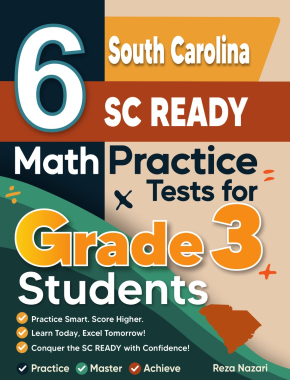

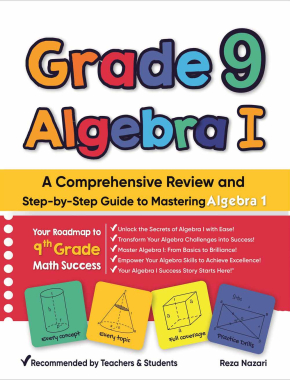







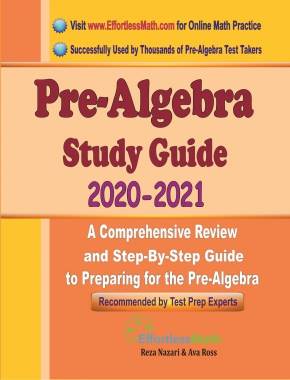
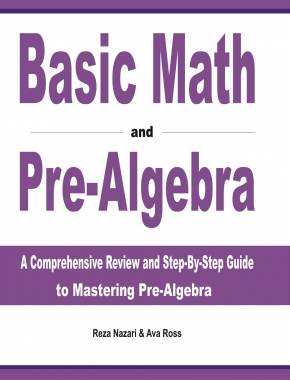



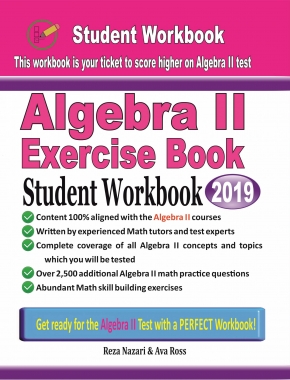
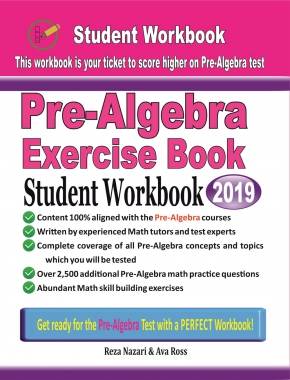



















What people say about "Overcoming Mental Blocks in Algebra: A Student’s Guide - Effortless Math: We Help Students Learn to LOVE Mathematics"?
No one replied yet.